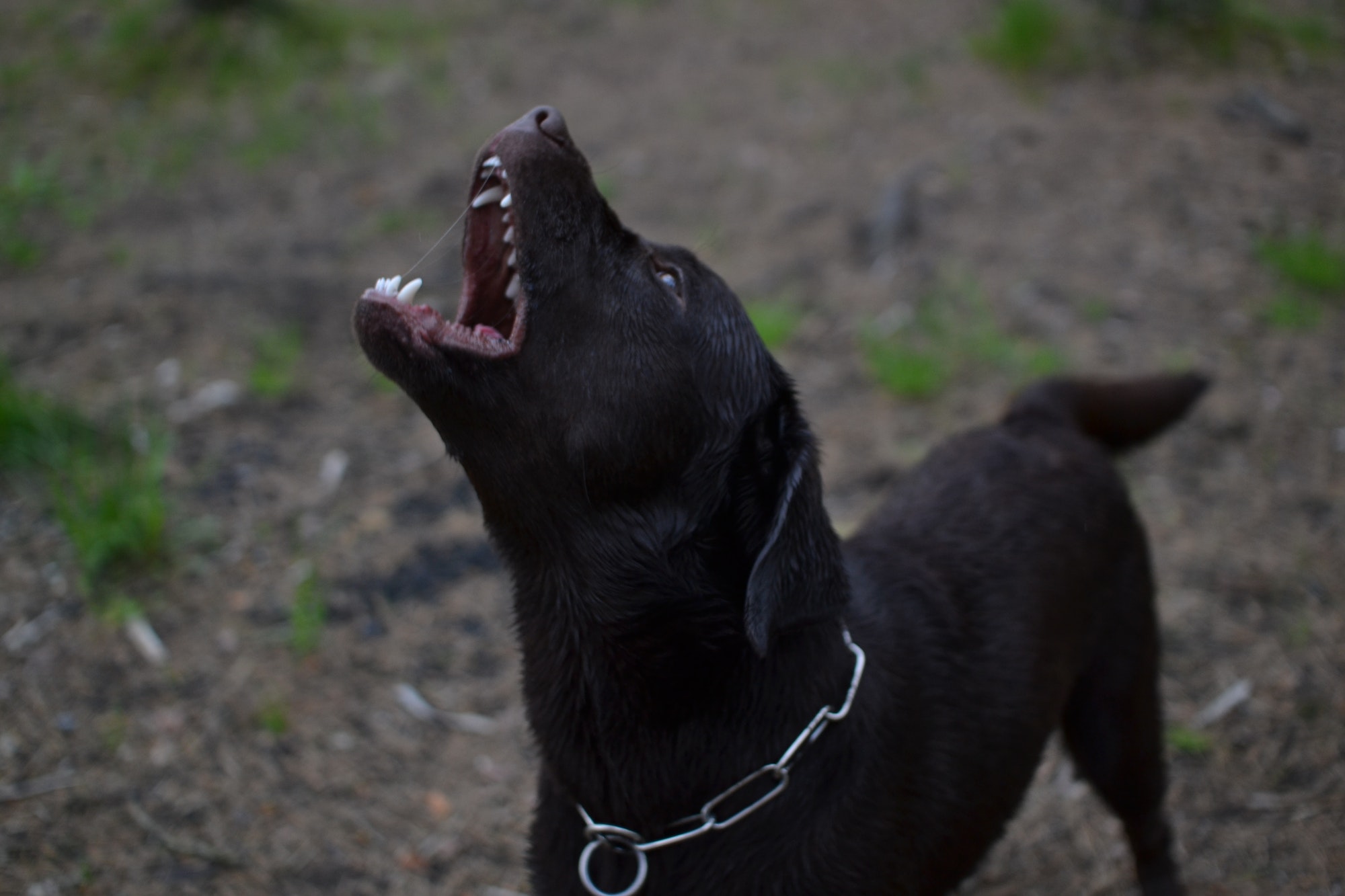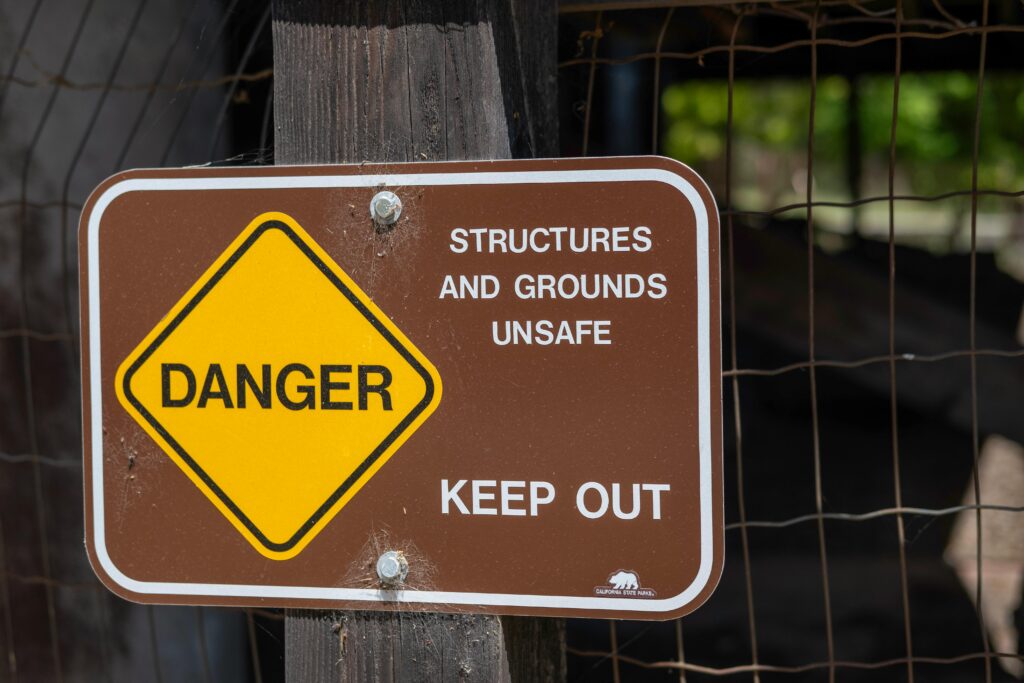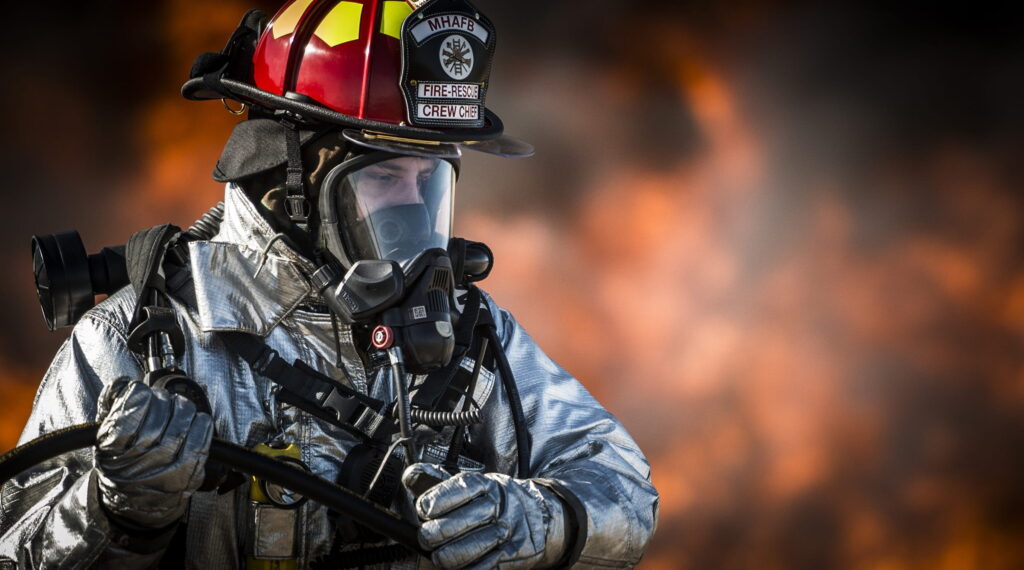Now Reading: Dog Bites and Animal Attacks: Understanding Liability
-
01
Dog Bites and Animal Attacks: Understanding Liability

Dog Bites and Animal Attacks: Understanding Liability
Man’s best friend can sometimes turn into a source of unexpected danger. While dogs are often beloved members of our families, they are still animals with instincts. It’s those instincts that could lead to biting or attacking under certain circumstances. When a bite occurs, it can raise complex legal issues related to liability.
Strict Liability vs. Negligence
Liability for dog bites and animal attacks typically falls under either strict liability or negligence laws. Strict liability means that the owner of the animal is responsible whether or not they were aware that the animal could be dangerous. Negligence, on the other hand, means that the owner failed to take precautions that would have prevented the attack. Speaking with a personal injury attorney salt lake city ut can help someone determine if strict liability or negligence would apply in their case.
Provocation and Trespassing
In many areas, the dog owner may not be liable if it is shown that the victim provoked the attack or was trespassing when the attack occurred. The definition of provocation can be subjective, so it’s different for every case. Teasing the dog may not be considered provoking them, but doing something that threatens to harm the dog could.
Landlord Liability
Some areas may hold landlords liable if a tenant’s dog causes any injuries. If the landlord knows the dog is dangerous and doesn’t force the tenants to remove it from the property or take other actions to prevent an attack, the victim could seek compensation from the landlord.
Defenses
Dog owners facing liability for a bite or attack may raise several defenses. These can include the following.
- No Knowledge of Aggression – Claiming they had no prior knowledge of their dog’s aggressive tendencies.
- Comparative Negligence – Arguing that the victim’s actions contributed to the attack. This may be used if the victim was taunting the dog or engaging in risky behavior.
- Trespassing – Asserting that the victim was not legally on the property when they were attacked.
- Assumption of Risk – Arguing that the victim knowingly accepted the risk of being around the dog.
Homeowner’s Insurance
Many homeowner’s insurance policies provide coverage for dog bite liability. However, some insurance companies may exclude certain breeds or have restrictions on coverage, so it’s essential for dog owners to understand their policy’s terms.
Civil vs. Criminal Liability
Civil liability involves compensating the victim for their injuries, medical bills, and other damages. In extreme cases of animal attacks, especially if they result in severe injuries or fatalities, the owner may face criminal charges.
Preventing Liability
To reduce the risk of liability, dog owners can take several steps.
- Training and Socialization – Properly train and socialize their dogs from a young age to reduce aggression. Start training when the puppy is little so they are used to people.
- Leash and Containment – Use leashes and secure enclosures to prevent the dog from escaping or attacking others. Leashes are required in many areas as they help keep dogs contained and safe.
- Warning Signs – Post warning signs if the dog has a history of aggression. Use training aids and other gear to help prevent injuries.
- Behavioral Assessment – Seek professional assessment and help if the dog displays aggressive tendencies. A trainer can help reduce aggression or teach the owner how to help the dog.
Understanding liability in dog bites and animal attacks is essential for both dog owners and potential victims. The legal principles can vary depending on jurisdiction, so it’s crucial to consult with legal professionals experienced in this area of law. Responsible pet ownership and adherence to local regulations are the best ways to prevent these unfortunate incidents and their legal consequences.










